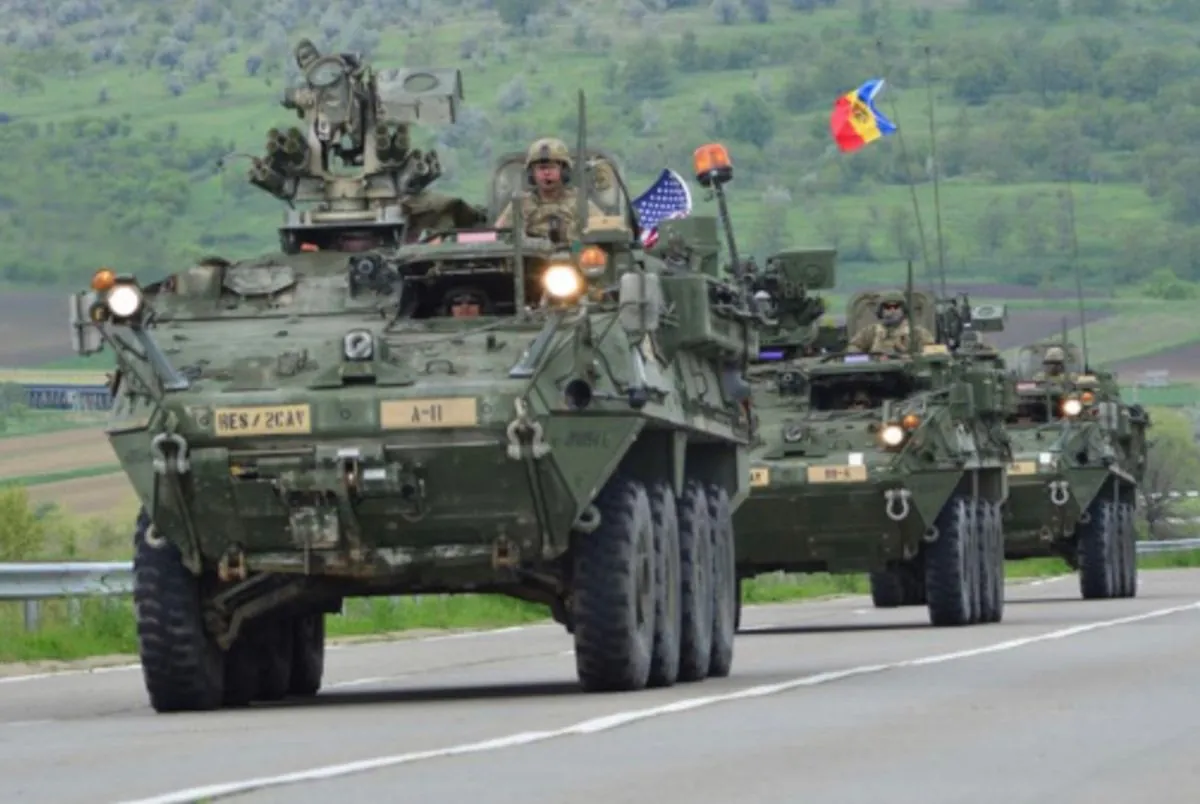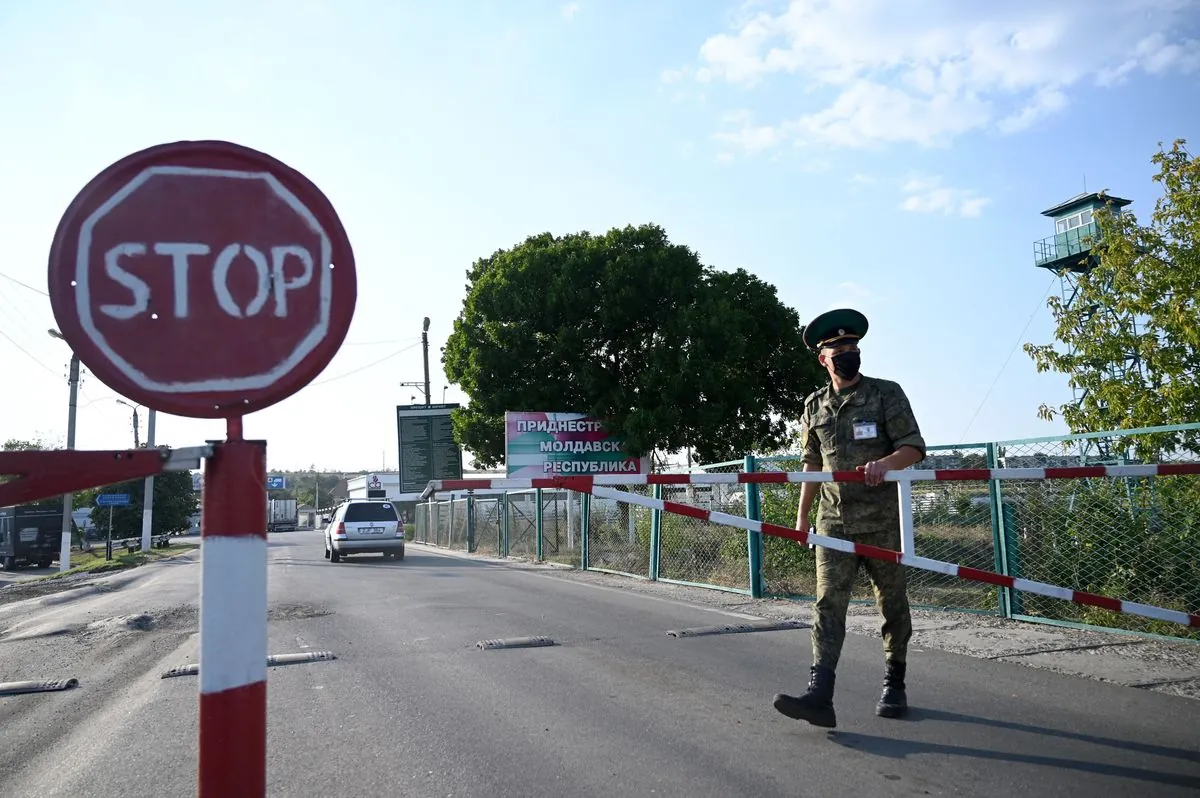Moldovan Serviceman Fatally Shot on Transdniestrian Border
A Moldovan soldier died in a rare incident on the Transdniestrian demarcation line. The circumstances remain unclear as authorities investigate the fatality involving the serviceman's own weapon.

On September 12, 2024, a Moldovan serviceman lost his life while on duty at the demarcation line separating Moldova from the breakaway region of Transdniestria. This incident marks a rare occurrence in the area, with the last reported serviceman fatality dating back to 2022.
The Moldovan Defense Ministry released a statement indicating that the soldier was "fatally wounded...as a result of a shot from the weapon in his possession while performing his duties at his post." Authorities have initiated an investigation, with police and forensic experts examining the circumstances surrounding this tragic event.
The demarcation line, established following a brief conflict in 1992, is currently manned by contingents from Moldova, Transdniestria, and Russian "peacekeepers." This arrangement has been in place for over three decades, stemming from the aftermath of the Soviet Union's collapse.

Transdniestria, a narrow strip of land between the Dniester River and Moldova's eastern border with Ukraine, has been a source of tension in the region. Despite its self-proclaimed independence, Transdniestria remains unrecognized by any UN member state, including Russia. The area, home to approximately 470,000 people as of 2015, operates with its own government, military, and economic systems.
Moldova has consistently expressed its intention to reintegrate Transdniestria into its territory. However, the situation remains complex, with Transdniestria maintaining close ties to Russia and even requesting Russian recognition and annexation.
The ongoing presence of Russian troops in Transdniestria has been a point of contention between Moldova and Russia. This issue has garnered international attention, with the European Court of Human Rights ruling that Russia exercised effective authority over Transdniestria and bore responsibility for human rights violations in the region.
The Organization for Security and Co-operation in Europe (OSCE) has been involved in conflict resolution efforts since 1993, working to address the "frozen conflict" status of Transdniestria. Despite these efforts, the region continues to operate autonomously, with its own currency, postal system, and mixed economy based on heavy industry and textile manufacturing.
As investigations into the recent incident continue, this event serves as a reminder of the ongoing tensions and complexities surrounding the Transdniestrian issue. The international community remains watchful of developments in this strategically significant area of Eastern Europe.


































